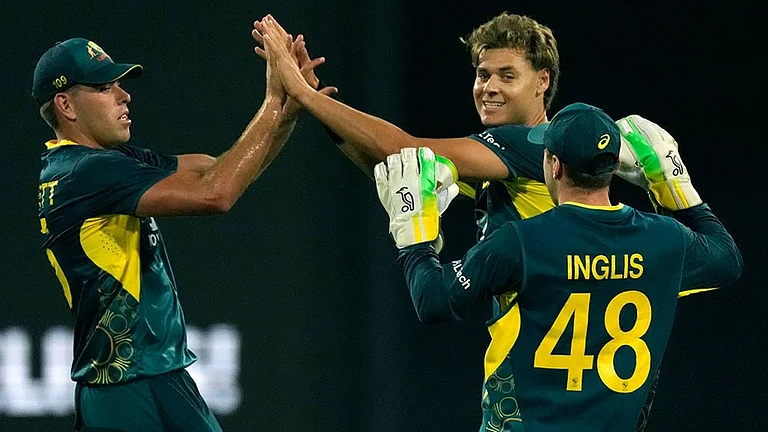On paper, no middlemen were to be involved, since Swedish prime minister Olof Palme and Rajiv Gandhi had agreed during their meeting in Washington in 1995 that the Bofors deal would only work if agents were eliminated. However, Win Chaddha, who was the arms agent for Bofors for years and was on the 155-mm gun deal when negotiations started in 1983, could not be kept out because of his contract with the Swedish company.
AE Services stepped up the campaign for Bofors. The French Sofma gun and the Bofors 155-mm field guns were the two top contenders. Expert opinion was divided over which gun was superior both were identified as having individual advantages. Prolonged negotiations failed to yield results. Bofors felt that the balance had to be tilted in its favour. And this in AE Services view could be achieved by using political clout.
This is where Quattrocchi came in. Though Congress spokesperson V.N. Gadgil denies it, the Italian businessman admits that he was a close friend of the Gandhi family. It is learnt that the Bofors gun got the green signal from the government after Quattrocchi pulled strings.
While Quattrocchi has maintained that he had no dealings with Bofors, his link with the gun manufacturers were through AE Services. It is also learnt that Quattrocchi did have meetings with former Bofors executive, Martin Ardbo. As a result, the Rs 24 crore paid to AE Services was later transferred to the Swiss account of the Italian businessman.
That Bofors was able to pull ahead of Sofma after AE Services came into the picture is clear from the manner in which expert opinions on the Bofors gun were suddenly reversed. Interestingly, AE Services was set up in 1985, the year when Olof Palme and Rajiv Gandhi agreed that there would be no middlemen involved in the gun deal.


























